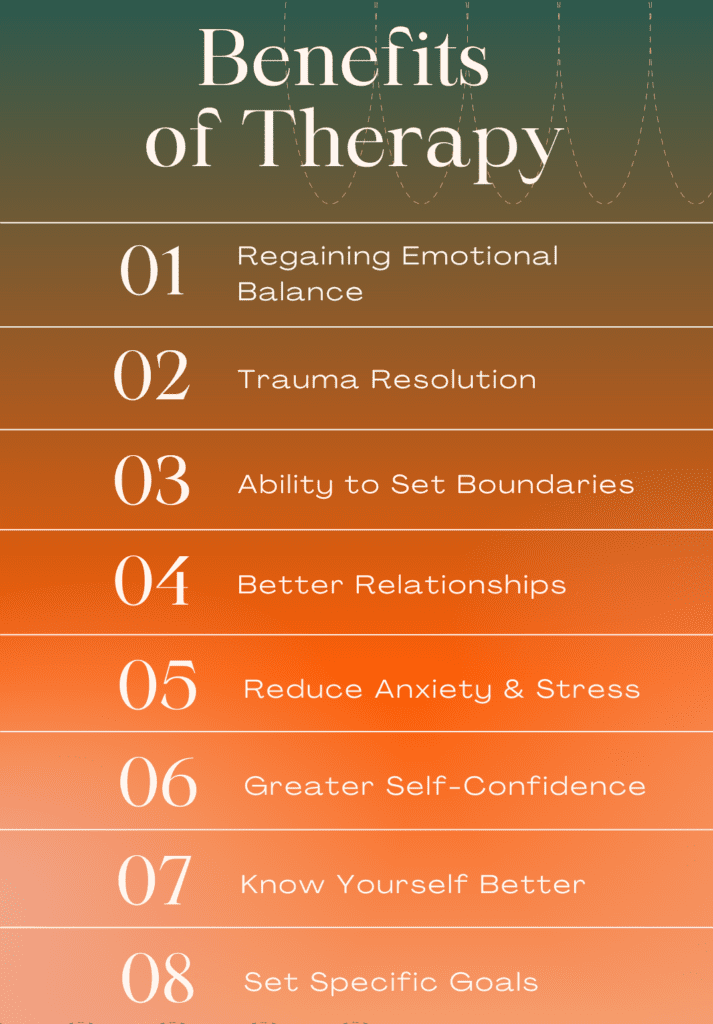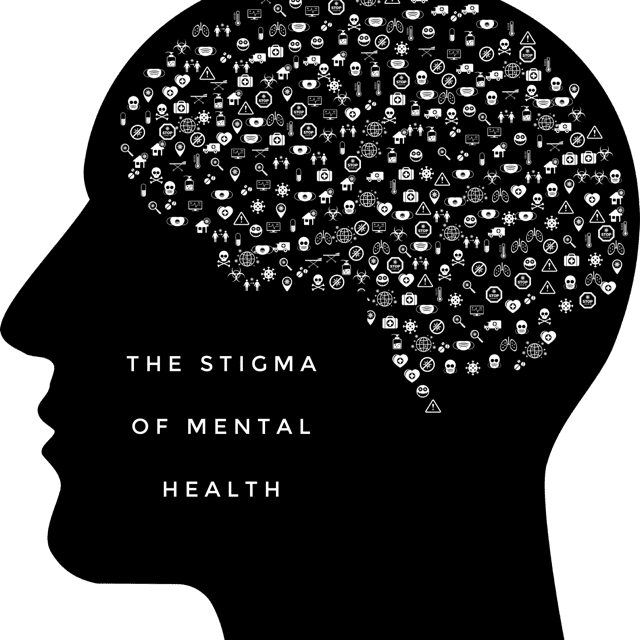The Stigma of Mental Health
It’s generally accepted that people go to the doctor for an illness. In fact, we’ve seen an influx of clinician visits during the pandemic. Friends don’t generally label you as “crazy” or “psycho” after a doctor visit. However, even in 2021, there is still a stigma attached to going to therapy for your mental health. Going to therapy is not as normalized or as acceptable as it should be. People feel embarrassed, guilty, and are hesitant in admitting they go to therapy. Some feel such shame, they don’t get any help at all.
Over the years, people have come up with some creative names for therapy, adding to the stigma such as “crazy”, “psycho”, “mental brainwashing”, and “head shrinking”. Unfortunately, the people that use these names don’t understand therapy or how it works. They often wonder what really happens in counseling or may still believe old therapy myths such as thinking a person is weak for needing to see a therapist or that it is a waste of time. Because of this, many people decide not to pursue counseling despite experiencing significant emotional, physical, or mental distress.
Let’s clarify a few things. Many people who initiate counseling do not have a serious mental illness. Instead, they are usually going through a challenging life transition or situation that is difficult to cope with, affects their well-being, or affects their ability to function well. Some examples of serious life challenges are dealing with work-related stressors; financial problems; marriage or divorce; health issues; family or parent/child conflict; loss of a loved one; and academic stressors. Many times one or more of these life stressors pile up at the same time. Counseling during these times can be quite helpful in providing both the support and skills to better address these life challenges. It is a helpful investment in your emotional, physical, and mental well-being and an act of courage to take control of your mental health.
There are many factors that influence the degree to which counseling is stigmatized. Some individuals would never open up to a therapist about their feelings (for example: due to fears around being labeled unfavorably by their peers), while others view therapy as healthy and normal. So which forms of stigma might prevent people from seeking psychological services, and what can be done about them?
Public Stigma
One of the most common reasons for people to not seek treatment is concern about the social stigma attached to therapy. Many people feel that others will look down on them for needing help. This may be due to past societal experiences with mental health, media portrayals of mental health, or their own experiences with mental health. In the past, society may have rejected a person whose behavior or physical appearance were deemed unacceptable, dangerous, or frightening. Although in most modern cultures today those who seek therapy are no longer openly persecuted, there are still clear indications of public stigma towards individuals with a mental illness. These perceptions are not lost on those needing treatment and can lead to the hiding of mental health concerns and avoidance of treatment in an attempt to reduce the negative consequences related to the stigma. Simply put, seeking professional psychological help still carries a mark of disgrace in society today.
Self-Stigma
Self-stigma has been described as an internal form of disgrace, wherein one labels oneself as unacceptable because of having a mental health concern. The thinking for this stigma is that the more a person sees therapy as a threat to their sense of worth, confidence, or self-regard, the less likely they are to seek out that help. An example of this type of stigma is thinking they are “weak” to need therapy and should just “man up” and deal with it themselves. Many times self-stigma comes from the perception the person has of public stigma of mental health. They may wrestle with perceived societal labels within themselves and feel a sense of failure for needing help in a given area. This is present in both men and women but tends to be felt stronger in men.
Reducing The Stigma
The more awareness and education about mental health is raised, the more likely it is that the stigma will end. Normalizing therapy may make seeking treatment less threatening and more typical. Framing therapy as a type of empowerment rather than something that is perceived as a weakness, may also increase therapeutic treatment as well. Our hope is that by breaking down these common misconceptions of people who go to therapy, we’ll be one step closer to being a society that seeks help when we want and need to without stigma… and that a person can talk about seeing a therapist as seamlessly as talking about their upcoming doctor’s appointment.
Benefits Of Therapy
One of the ways to reduce the stigma is to hype up the benefits of therapy.
- You’ll learn more about yourself
- You can set and achieve specific goals
- You may have more fulfilling relationships
- You’re more likely to have better health
- Therapy can lead to an improvement in all areas of life
- You can reduce anxiety and stress
No matter what your reasons for seeking care, each reason is valid, and change awaits those who are motivated and open to therapy. Beginning treatment and sticking with it in the face of real or perceived fear can feel unsettling at first, but is a crucial step. Whether you are seeking care for depression or a broken bone, neither problem indicates that you are defective; neither condition should be stigmatized.


